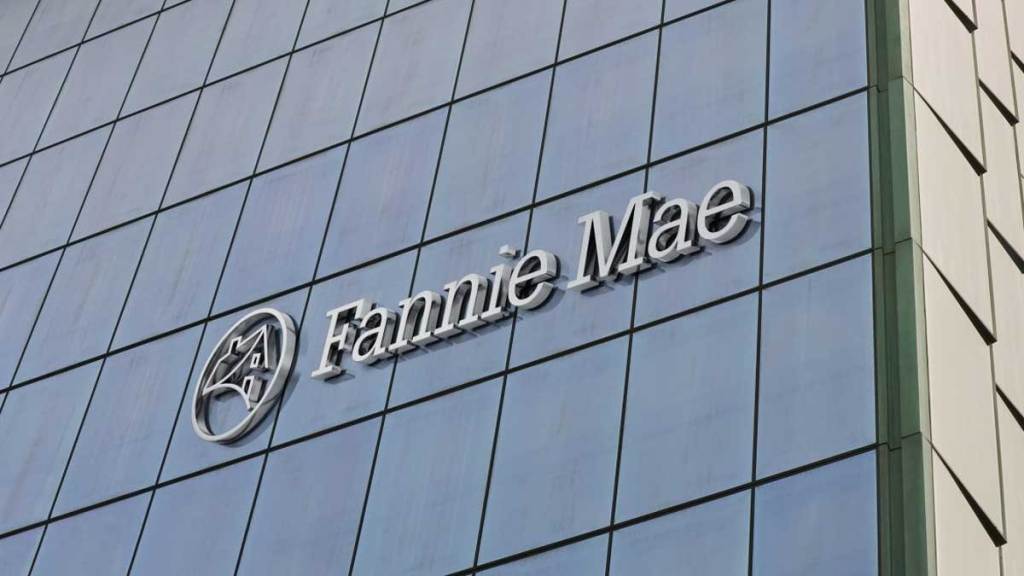The Fannie Mae February Selling Guide has a series of updates, including the expansion of value acceptance and property data appraisal waivers to condominiums, cash-out refinance allowances for manufactured homes, and updates to credit references and certain definitions.
Following up on a March 2023 update that first announced value acceptance and property data as a substitute for traditional appraisals on certain single-unit properties, the new Selling Guide expands this data to cover condos.
On Dec. 1, 2023, the jointly development Uniform Property Dataset (UPD) for the government-sponsored enterprises (GSEs) became active and included a data standard for condos, according to the Selling Guide. “This new dataset will replace our proprietary data standard on April 1, 2024. Note that lenders are still required to confirm the condo project is not ineligible in Condo Project Manager (CPM),” it explained.
The update also clarifies the qualifying interest rate for adjustable-rate mortgages (ARMs) with terms of 7 and 10 years, respectively.
“With this update, we are further clarifying that borrowers must be qualified using no less than the note rate for 7- and 10-year ARMs that are not high-priced mortgage loans or higher-priced covered transactions,” a change that goes into effect immediately.
The update allows cash-out refinance transactions for manufactured homes with terms of up to 30 years, adding 10 years to the allowable term under prior guidance. This rule is also effective immediately, although single-width manufactured homes remain ineligible for cash-out loans.
Fannie Mae added three new sources to its standards for “acceptable housing payments,” including rent fees paid to a landlord or property management company; privately held mortgage payments not reported to the credit bureaus, including “contract for deed payments and other similar arrangements,” as long as the payments are tied to the borrower’s residence; and real estate taxes.
It also clarified several income calculation and documentation requirements for borrowers who use business income to qualify, which “apply to self-employed borrowers and borrowers with less than a 25% interest in a business,” the update explained.
The agency updated and clarified property insurance requirements at the direction of the Federal Housing Finance Agency (FHFA) to align with Freddie Mac policy, which says that “policies that limit, depreciate, reduce or otherwise settle losses at anything other than a replacement cost basis are […] not acceptable.”
And Fannie Mae clarified the “minimum required perils that a policy must cover [being] those found in a commercial ‘broad’ coverage form.” It removed outdated references to replacement costs and corresponding coverage, and it eliminated coinsurance requirements in order to “streamline the property insurance review process and to ensure that all project developments are reviewed for sufficient coverage.”
Lenders must be in compliance with these property insurance updates for all loans with application dates on or after June 1, 2024. Additional servicing guidance will be published in a new update that is expected on Feb. 14.
The new Selling Guide also updates various definitions related to retail mortgage origination, “to remove the references to joint ventures and voting shares,” the update stated. “Additionally, we added new language to the retail, third-party origination, broker and correspondent definitions to clarify that an affiliate, subsidiary, or parent company relationship with the mortgage seller are considered the same as the seller for the purposes of the definition of the origination type.”





